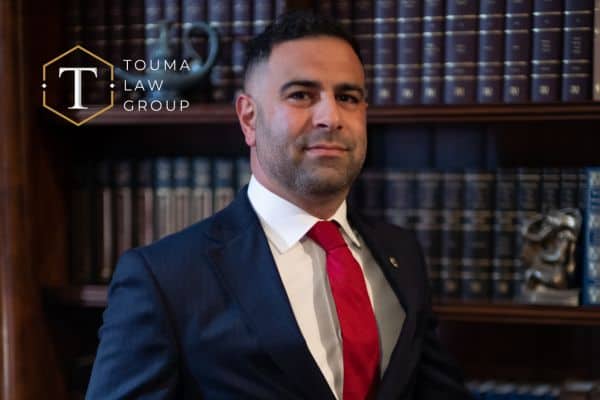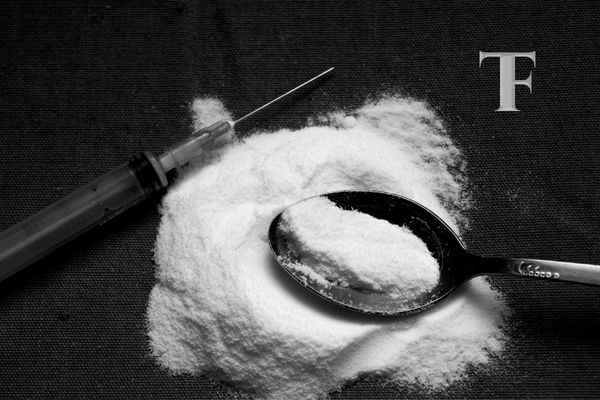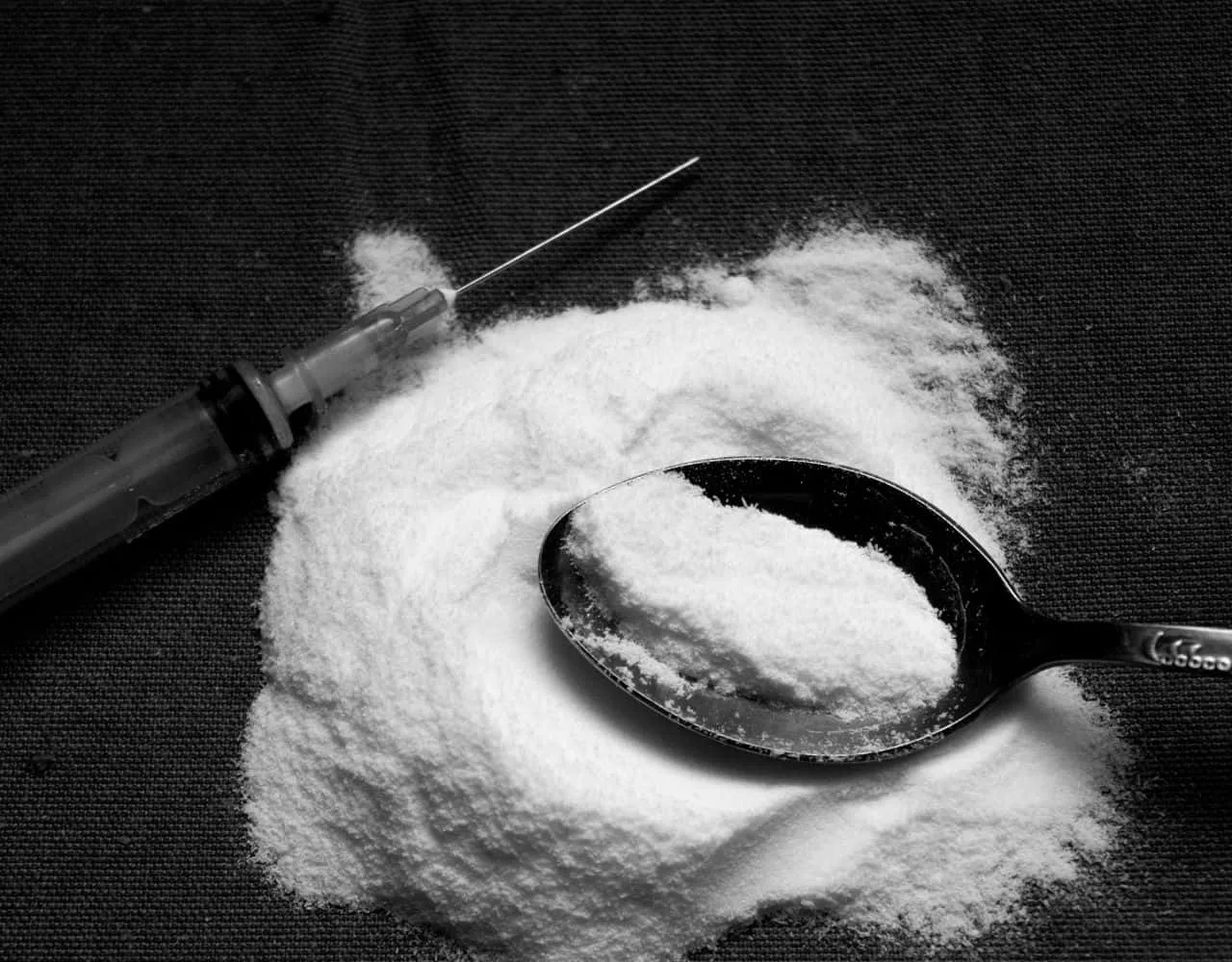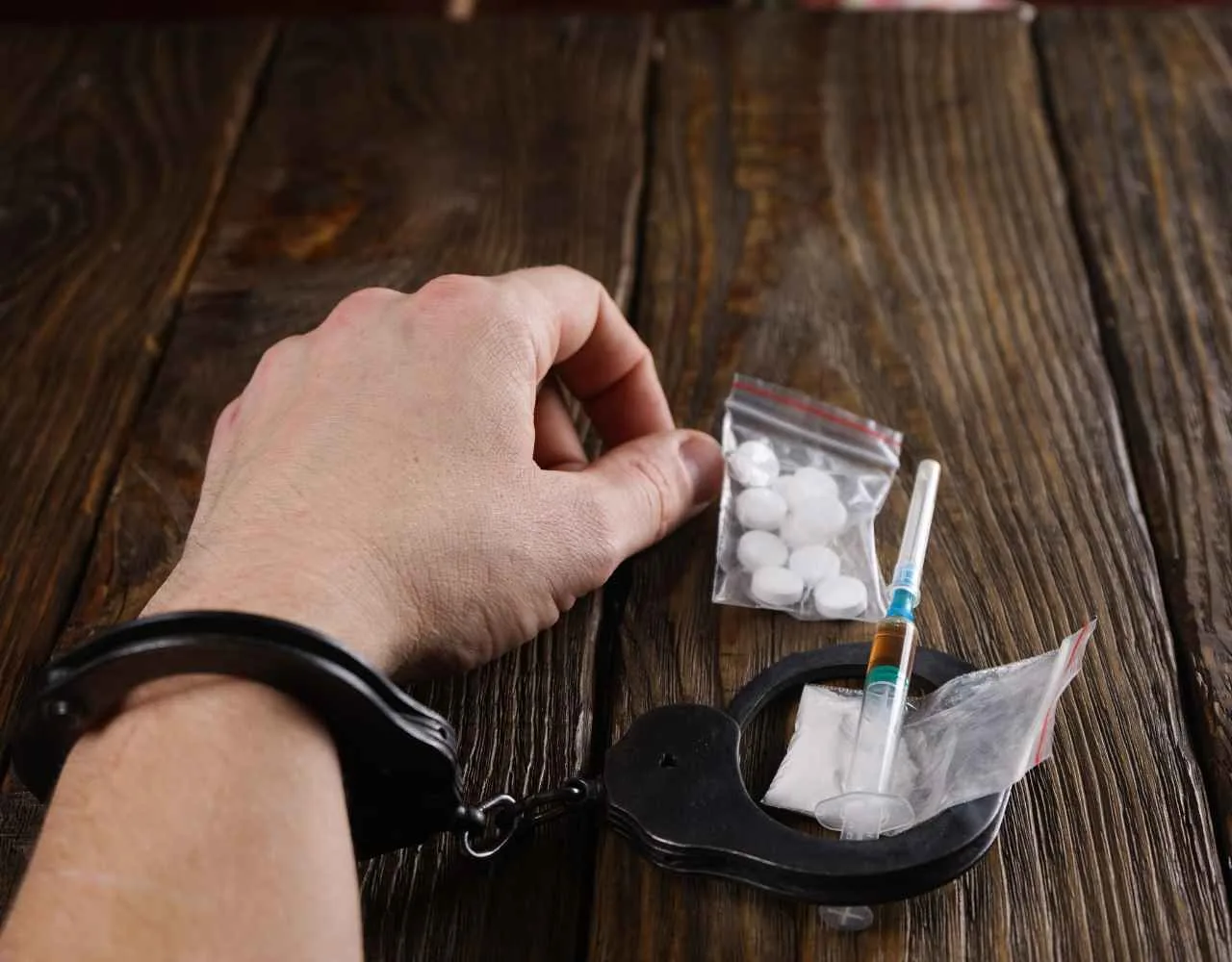Heroin is one of the most powerful and dangerous narcotics in existence, and unfortunately, it is illegal in South Carolina. Possessing, distributing, and trafficking heroin can lead to serious criminal charges. People often do not realize the consequences of being caught with heroin, and if they do get charged, they may not understand all their legal options.
This article will provide an overview of the legal consequences of heroin charges in SC so that you can make informed decisions about your case. Contact an experienced drug lawyer in Greenville today at Touma Law Group!
Call us today at [864-618-2323](tel: 864-618-2323) and receive a free case evaluation from our experienced attorney Adam Touma!
Types of Heroin Charges in SC
A drug charge is a criminal accusation involving the possession, sale, or distribution of illegal drugs. In South Carolina, the primary legislation that criminalizes drug-related activities is the South Carolina Code of Laws, Title 44. This law outlines the different types of drug charges, as well as their associated punishments.

There are three primary types of drug charges in South Carolina: possession, distribution, and trafficking.
Possession:
Drug possession means that the individual was found with a certain amount of heroin. For example, if an individual is caught with 1 gram of cocaine or 2 pounds of marijuana in possession, they could face a jail sentence and/or fine.
In South Carolina, depending on the amount found and other factors, the charge may range from a misdemeanor to a felony. Consequences of a heroin possession conviction as a first-time offense will carry up to 3 years or $5,000 or both. Subsequent offenses may carry severe penalties.
Distribution:
Distribution occurs when an individual knowingly distributes, dispenses, or manufactures heroin. In cases like this, the individual charged with and convicted of the distribution of drugs could be sentenced to up to 15 years in prison and/or a maximum fine of $30,000.

If an individual is found with heroin in their possession, they can face charges of possession with intent to distribute, and if the amount of cocaine found is more than a gram, they can face cocaine charges which can result in fines of up to $100,000 and/or a sentence of up to 10 years in prison. This will depend on the criminal history of the individual, particularly whether such an individual is a first-time offender or a repeat offender.
Trafficking:
Trafficking occurs when an individual sells or transports heroin. The charges come with harsher sentences, and they apply to anyone who is found trying to move large quantities of heroin across state lines.
FAQ: When should you get a lawyer for drug charges in Greenville, South Carolina?
A drug trafficking charge is also a felony offense, and depending on the amount of heroin involved, can carry up to 3-30 years in prison and/or a maximum fine of $25,000-$200,000. It's in your best interest to contact a Greenville drug trafficking lawyer if you've been charged with this crime.
South Carolina Drug Schedules One Through Five Explained
In South Carolina, it is important to understand the five drug schedules as they are related to heroin charges.
Schedule I:
Schedule I drugs include drugs like ecstasy, ketamine, Codeine-N-Oxide, Marijuana, Nicocodeine, Myrophine, LSD, heroin, etc. These drugs have a high potential for abuse and no accepted medical use in South Carolina. Actual possession of marijuana or possession of methamphetamine or any other drug in question under Schedule I constitutes a felony offense. Any drug possession conviction under here can carry up to 25 years of jail time and severe fines.
Schedule II:
The South Carolina Department of Health and Environmental Control states that Schedule II drugs have a high risk for misuse, limited medical use in the US either with restrictions or not, and long-term psychological or physical addiction as a consequence of drug abuse. This classification of drugs has very strict regulations due to the potential for abuse, meaning that their medical use is limited and must be carefully monitored and carry serious punishment for violation.
Schedule III:
Schedule III of South Carolina Drug Schedules is a list of controlled substances that have either a stimulant effect on the central nervous system (e.g. benzphetamine, chlorphentermine, phendimetrazine) or a depressant effect (e.g. amobarbital, secobarbital, pentobarbital, any salt of them).
It also includes narcotic drugs like codeine, dihydrocodeinone, ethylmorphine, and opium in limited quantities. These dangerous substances have to have one or more active non-narcotic ingredients present in recognized therapeutic amounts.
Schedule IV:
Schedule IV is a classification of drugs by the South Carolina Department of Health and Environmental Control which includes substances with a low potential for abuse and accepted medical use in treatment, as well as limited physical or psychological dependence.

These illegal substances include depressants such as alprazolam, chloral hydrate, and diazepam; stimulants such as diethylpropion and phentermine; and narcotic drugs such as dextropropoxyphene. Schedule IV also includes pentazocine hydrochloride and acetaminophen, pentazocine hydrochloride and aspirin, pentazocine and naloxone hydrochloride for oral administration, as well as butorphanol.
Schedule V:
Schedule V is a list of controlled substances with a low potential for abuse, accepted medical use in the United States, and abuse may lead to limited physical dependence or psychological dependence. These substances include codeine, dihydrocodeine, ethylmorphine, diphenoxylate and atropine sulfate, opium, difenoxin, and atropine sulfate. The Department of Health and Environmental Control is authorized to add, delete, or reschedule substances as necessary.
What are the Penalties for Drug Crimes in South Carolina?
The penalties for drug crimes in South Carolina vary, depending on the type of charge and the amount of heroin involved. Generally speaking, felony charges can carry up to 30 years in prison and/or a maximum fine of $25,000-$200,000. Misdemeanor charges can carry up to 3 years in prison and/or a maximum fine of $3,000.
FAQ: How can I get my drug charges dropped in Greenville, SC?
In addition to the potential jail time or fines, those convicted of heroin charges will also face additional penalties. These may include probation, community service, drug treatment programs, and loss of driving privileges. It is important to understand all the potential penalties in order to properly prepare for your case.
Other Types of Drug Offenses in SC
In addition to the more common drug offenses discussed previously, there are also other types of drug offenses in South Carolina. These include:
- Prescription Fraud: This occurs when an individual attempts to obtain a controlled drug by deception or fraud.
- Manufacturing Drugs: This occurs when an individual manufactures a controlled substance.
- Drug Paraphernalia Possession: This occurs when an individual possesses equipment or materials used to manufacture a controlled substance.
- Drug Cultivation: This occurs when an individual grows a controlled substance.
- Selling Drugs to Minors: This occurs when an individual sells a controlled substance to someone under the age of 18. This offense may either be a misdemeanor or felony, depending on the number of drugs sold and other factors.
Contact Our Experienced Drug Crimes Defense Attorneys in Greenville, SC
Generally, drugs are harmful and can negatively affect individuals’ lives and communities. However, being charged with a drug-related offense in South Carolina does not necessarily mean that you are guilty. If you have been charged with a drug crime, it is important to seek legal advice from a criminal defense lawyer who understands the state’s laws and can help guide you through the process.
At Touma Law Group, our experienced drug crimes defense attorneys in Greenville, SC have years of experience dealing with drug charges and can help you understand your legal options. We will review your case and provide you with the best possible advice on how to proceed. Contact us today for a free consultation.


